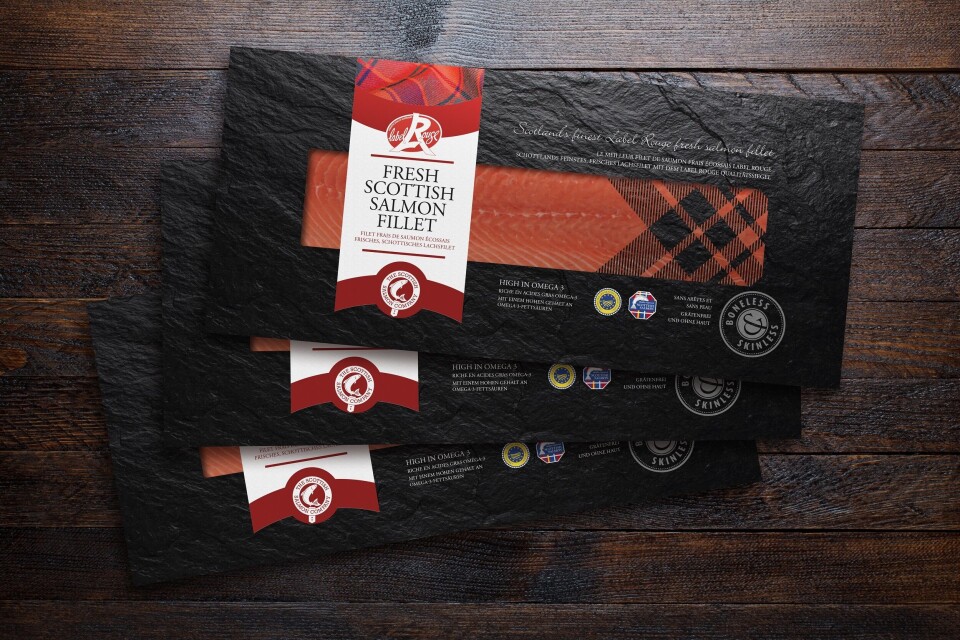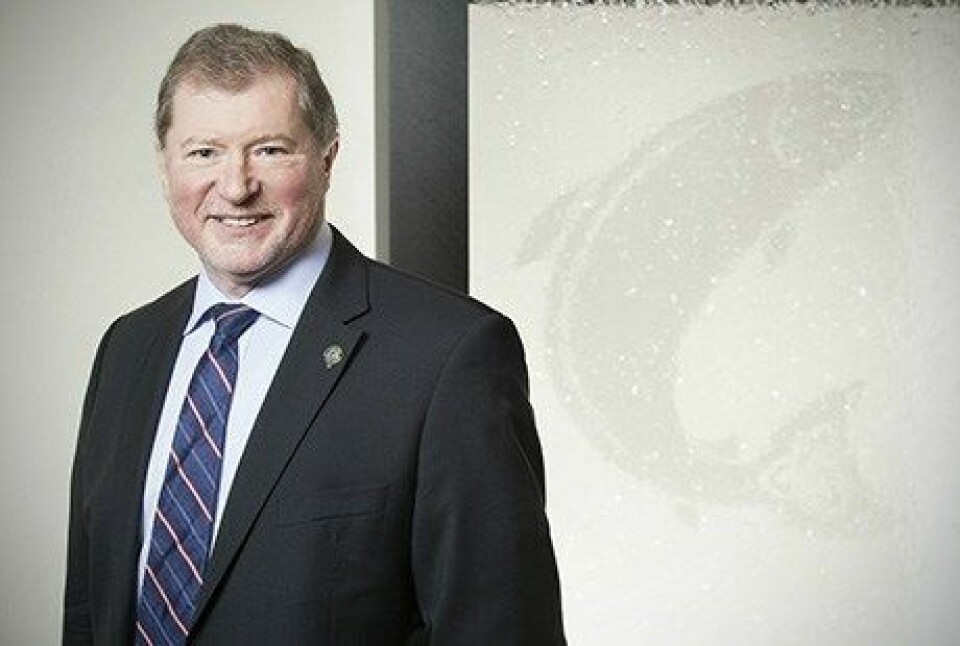
‘Unprecedented mortalities’ at Scottish Salmon Co
The Scottish Salmon Company suffered “unprecedented mortalities” of 1,300 tonnes last year because of significant biological challenges, it has revealed.
Despite that, the company increased revenues to £109.9 million, a rise of £10.5m on 2015. EBITDA before biomass fair value adjustment amounted to £8.9m (2015: £10.6m).
In its annual report, the board of directors for Jersey-based Scottish Salmon Company PLC (the Group), the parent company of Edinburgh-headquartered Scottish Salmon Company Limited, states: “The Group’s 2016 results were impacted by a number of significant biological challenges in the second half of year. As a result, forecast harvest volumes were revised in Quarter 3 and total annual harvest volumes were 24,342 tonnes.” It is targeting a harvest of 25,000 tonnes this year.

The report continues: “The 2016 results were impacted by reduced harvest volumes due to exceptional mortalities and sub-optimal mean weights, which culminated in increased operating costs per kg compared to 2015. Whilst the impact of lower volumes and increased costs was mitigated by the buoyant traded price of salmon throughout the year and the strengthening of the Norwegian Krone, a strategic decision was made to fulfil our customer contracts to safeguard the long term relationships we have nurtured.
“As a result, less volume was available to trade on the spot market to capitalise on short term higher spot prices. Despite this, year on year operating revenues increased by 9.5 per cent.
“We maintained a clear focus on growing capacity and developing our capability to provide year-round balanced production. A new site in Benbecula was stocked contributing an additional 2,000 tonnes of consent. We have proactively pursued our development pipeline with several new planning applications under way.”
Decisive action
In the report, chief executive Craig Anderson says: “We have taken decisive action to tackle biological challenges including specialised net cleaning, treatments and increasing staff resource. In addition, we have leased a hydrolicer for 2017. We are involved in collaborative innovation projects to develop sustainable long term solutions to tackle industry wide biological issues. We have signed a long term contract for the supply of lumpsuckers to extend our cleaner fish programme.”
The report also points out that the company’s site at Loch Fyne is delivering a companion farming pilot, cultivating a range of shellfish and marine plants alongside salmon pens to create a balanced ecosystem that benefits the marine environment.
Monitoring Brexit
The majority of the Scottish Salmon Company’s income – 57 per cent – came from UK sales, but Anderson – whose own renumeration package jumped £59,000 to £291,000 - states: “Growing exports continues to be core to our strategy. In 2016 overseas sales accounted for 43 per cent of revenue.
“Whilst monitoring the progress of the Brexit negotiations closely, we will continue to leverage our Scottish provenance messages in both EU and non EU markets.”
Nearly all of the company’s exports went to Europe, with just two per cent of revenue coming from North America and one per cent from the rest of the world.
The company won Exporter of the Year at the 2016 Made in Scotland awards and its Native Hebridean Salmon was also shortlisted as a finalist at the Seafood Excellence Global Awards at the Seafood Expo Global in Brussels.
The Scottish Salmon Company employs 480 staff across 60 sites on the West coast of Scotland and the Hebrides.























































